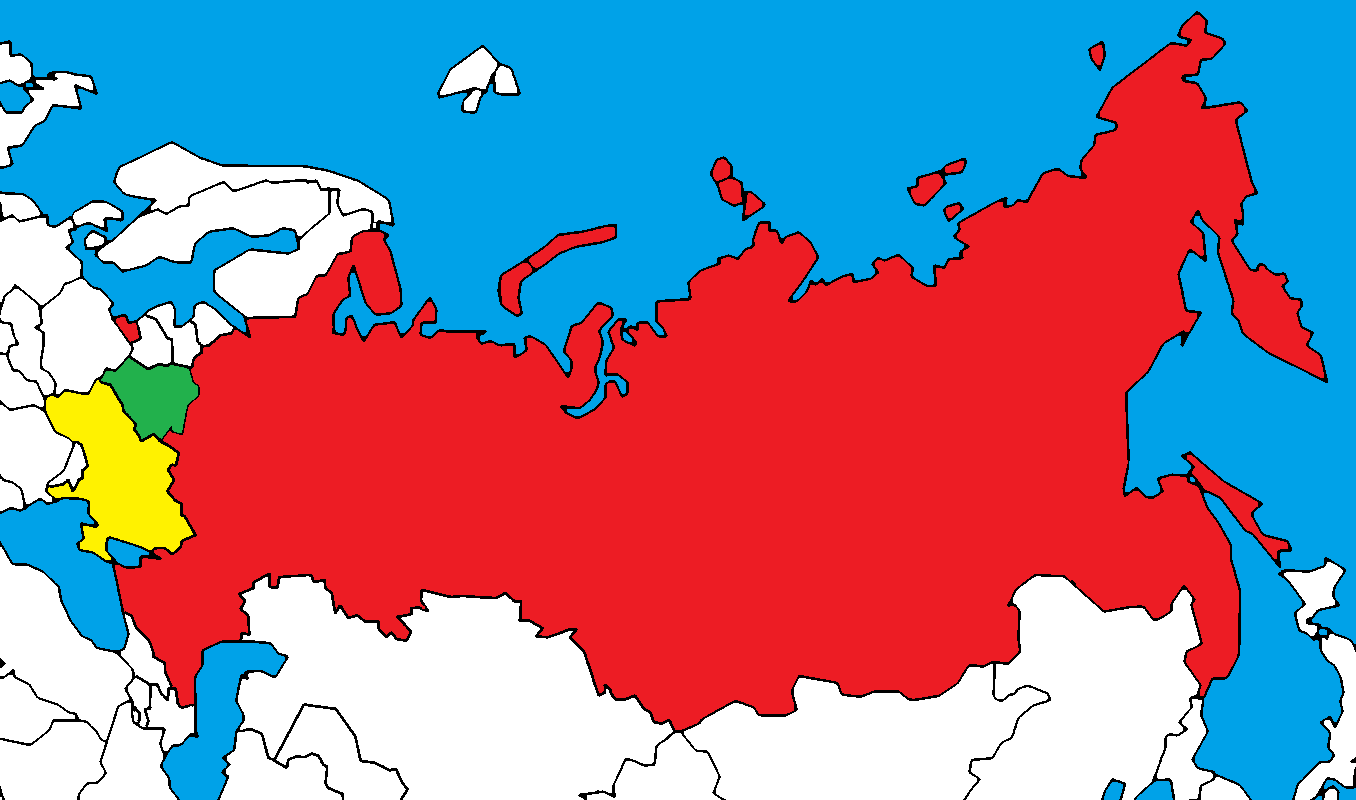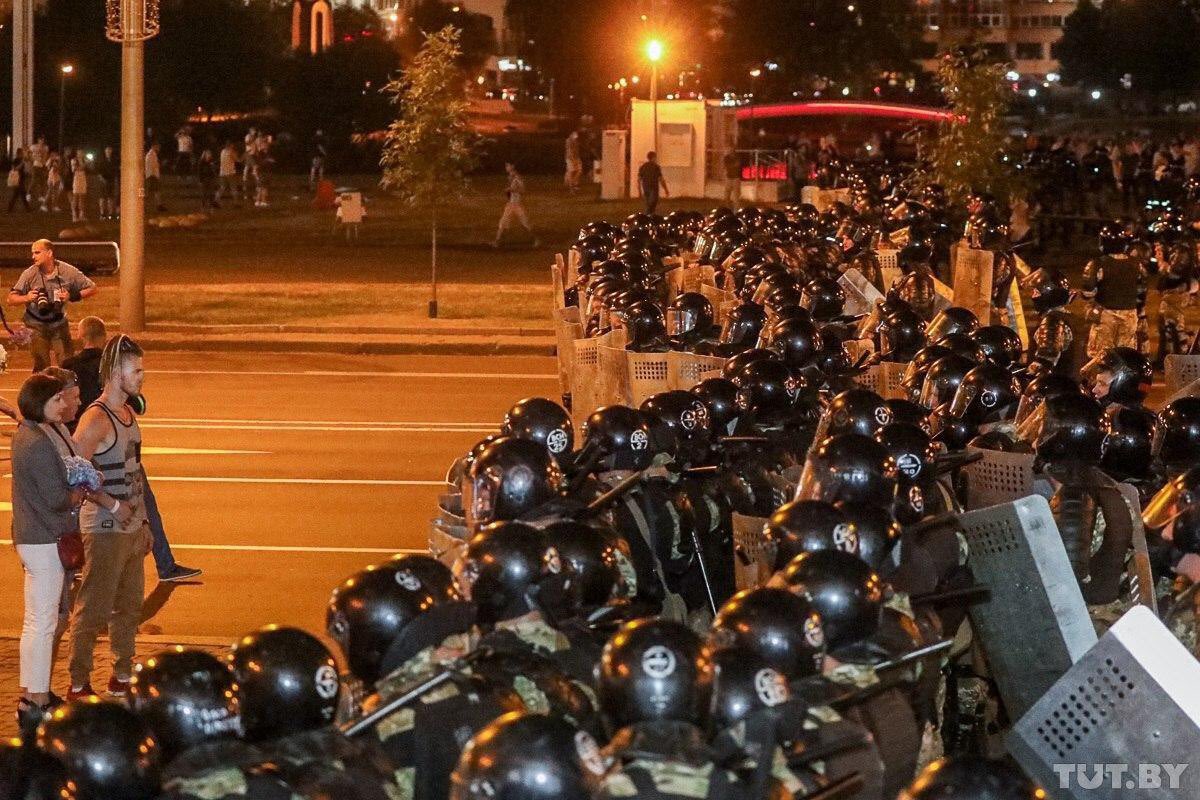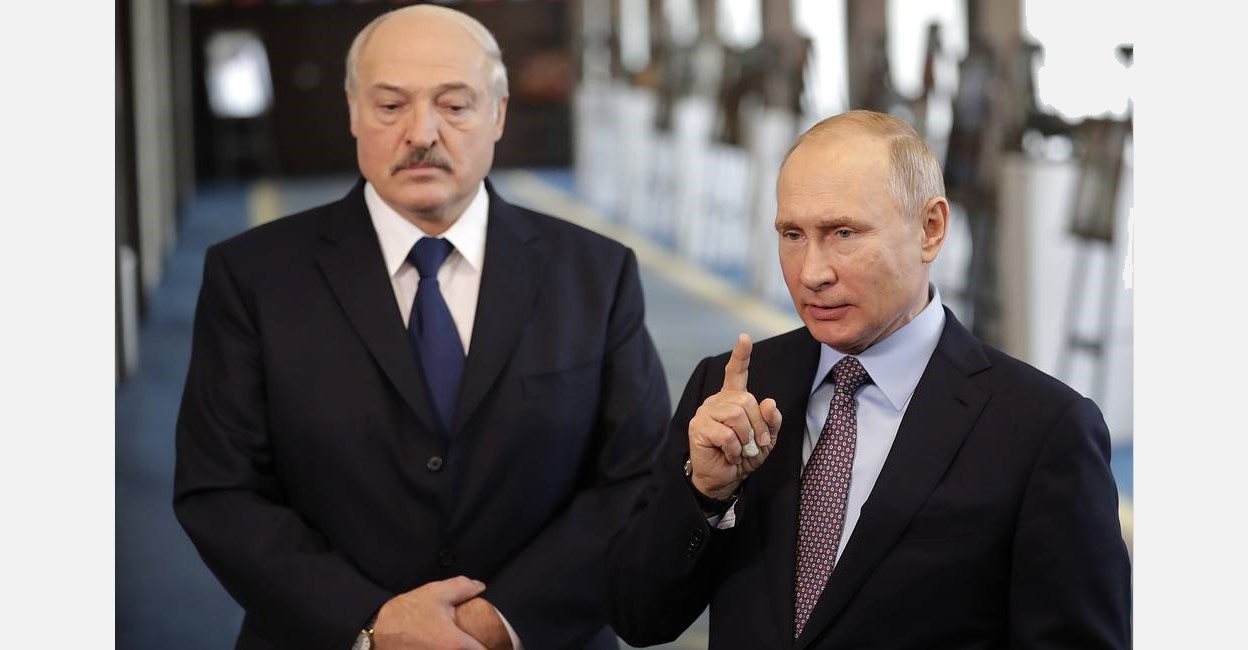Polls in authoritarian countries like Belarus are hardly reliable given that many people there doubt that surveys are truly anonymous and thus think carefully about how the authorities would like them to respond before giving their answers. But the further the questions are from immediate “high politics,” the more accurate they are likely to be.
Three polls released this week are extremely suggestive of where Belarusians are at the present time. They are:
The first poll found that 44.4 percent of Belarusians are opposed to eliminating Soviet names from the toponymy of their republic. Such names, this group says, are part of “our history.”
Another 22.4 percent say they would agree to name changes but only if the population was consulted. Sixteen percent say that many names should be changed but not all. Thus, references to Lenin and Marx should go but those of Soviet-era Belarusians should remain untouched.
Only 7.4 percent favor replacing all Soviet era names, while 2.6 percent of Belarusians say there ought to be more place names in Belarus from the Soviet past. That means that Belarusians are about equally split between those who want to keep the old names, and those willing under varying circumstances to change them.
The second survey found that only one Belarusian in 50 had encountered racism on a routine basis, slightly more than the 1.6 percent who said they had encountered prostitutes and far less than the 21.9 percent who indicated that they often saw public consumption of alcohol.
And the third poll showed, 86 percent of Belarusians said they were proud of their language and country and said they were prepared to fight for it in the event of a war. Further, 66 percent said they would like their children to know Belarusian as well as they know Russian – although 34 percent said they didn’t.
Those figures are both impressive and welcome, but another one the poll found isn’t. Only 2.2 percent of the sample said they spoke exclusively Belarusian at home, while 22 percent said they spoke Belarusian and Russian, and 73 percent said they spoke only in Russian in their residences.
Further Reading:
- Despite common poverty, rural Ukraine and rural Belarus now two different worlds
- Constantinople: Moscow could be stripped of autocephaly, while Belarus could gain it
- Lukashenka tells Putin’s new man in Minsk: ‘Belarus will not ever be part of Russia’
- Moscow officials currently preparing for Anschluss of Belarus, Larionov says
- The next domino – Belarusian Orthodox hope for autocephaly
- West’s paramount task is to prevent Belarus from being swallowed up by Russia
- Putin’s man in Minsk unlikely to achieve Putin’s purposes, Yegorov says



